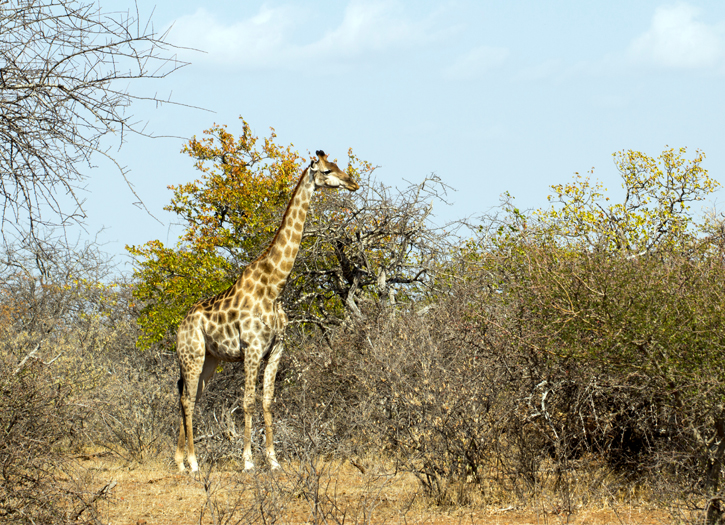The COVID-19 pandemic in South Africa is part of the ongoing pandemic of coronavirus disease 2019 (COVID-19) caused by severe acute respiratory syndrome coronavirus 2 (SARS-CoV-2). On 5 March 2020, Minister of Health Zweli Mkhize confirmed that the virus spread to South Africa.
On 15 March, the President of South Africa, Cyril Ramaphosa, declared a national state of disaster, and announced measures such as immediate travel restrictions and the closure of schools from 18 March. On 17 March, the National Coronavirus Command Council was established, “to lead the nation’s plan to contain the spread and mitigate the negative impact of the coronavirus”. On 23 March, a national lockdown was announced, starting on 26 March 2020. On 21 April, a 500 billion rand stimulus was announced in response to the pandemic. As of 2 May 2020, the median age of those who had died was 64 years. As of 15 July 2020, of 2,278,127 tests conducted, 311,049 cases were confirmed, 4,453 people died, and 160,693 had recovered.
By 23 April, when President Ramaphosa again addressed the nation the total number of cases had increased to 3953. Detailed figures released by the NICD showed that in April that the number of cases had taken distinct trajectories in different provinces. In the two weeks from 9 to 23 April, the cases in the coastal provinces had a very high increase – Eastern Cape cases rose 583% from a low base, KwaZulu-Natal rose 108% and Western Cape 148%. North West (67%) and Gauteng (57%) had high increases, while the other provinces had much lower increases from 6% in the Northern Cape to 23% in Limpopo.
On 19 May 2020, scientists advising the government estimated 475 confirmed COVID-19 deaths by the end of that month, and more than forty-thousand deaths by November. They also estimated that there could be insufficient ICU beds by June or July. On 12 July, in an address to the nation, President Ramaphosa announced that the anticipated surge in COVID-19 cases had arrived. The state of disaster was extended until 15 August 2020 and the alcohol ban was reintroduced along with a new curfew from 21:00 until 4:00. Resumption of alcohol sale and distribution had led to increased pressure on hospitals from road traffic accidents.
By 9 April 2020, South Africa had conducted 68874 tests at 1.2 tests per thousand, considerably lower than for example Turkey (3.3), the United Kingdom (3.6), and South Korea (9.7).[However, the ratio of positive tests to total tests conducted was significantly lower than most countries. By 10 April, the number of tests had increased to 73028, making the average number of tests per day in the first 10 days of April roughly 3300. The chair of the board of the NHLS, Eric Buch, stated that it had a capacity of 15000 tests per day and would welcome doing more tests.On 12 April, Minister of Health, Dr Zweli Mkhize announced that the number of tests carried out in the previous 24 hours had increased to 5 032, with 3 192 carried out in public laboratories.
Parliament suspended all activities as of 18 March.and the African National Congress (ANC) and Democratic Alliance (DA) postponed their elective conferences. The Commission for Conciliation Mediation and Arbitration (CCMA) cancelled all scheduled cases from 18 March 2020 and prohibited walk-in referrals of new cases – in lieu of electronic referrals.Schools were closed on 18 March 2020, resuming tentatively in May,with the June holidays shortened by a week and the September holidays shortened by 3 days.Most universities suspended classes around this time as well.
On 23 March, President Cyril Ramaphosa addressed the nation and announced a 21-day national lockdown effective from midnight 26 March through to 16 April, with the deployment of the South African National Defence Force (SANDF) to support the government. On 9 April the President announced a two-week lockdown extension, until the end of April. During the lockdown, all gatherings except for funerals were prohibited. Restaurants, taverns, bottle stores and all other stores not selling essential goods were to close during the lockdown period. Schools, already closed a week before the lockdown period, will not reopen until after the lockdown.







Add Comment